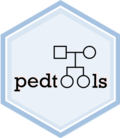Products and solutions
Our group is reponsible for or centrally involved in a number of products and solutions, the most important of which are listed below. All are in active development, and many are already in active use.
 ELLA is an open source tool for clinical interpretation of genetic variants, developed with a particular focus on speed, quality and reproducibility. Core features include workflow management, variant filtering, evaluation of annotation and references, visualization of genomic context and automated suggestions based on ACMG-AMP guidelines. In addition, ELLA encourages peer review of important findings and keeps a complete record of all changes, ensuring a high level of information security and patient safety.
ELLA is an open source tool for clinical interpretation of genetic variants, developed with a particular focus on speed, quality and reproducibility. Core features include workflow management, variant filtering, evaluation of annotation and references, visualization of genomic context and automated suggestions based on ACMG-AMP guidelines. In addition, ELLA encourages peer review of important findings and keeps a complete record of all changes, ensuring a high level of information security and patient safety.
ELLA has been live at our department since early 2018. We are continuously working to expand functionality as well as ELLA’s reach to other interested parties.
 anno is ELLA's associated annotation service, which can provide a wealth of external and internal data on genetic variants, important for making decisions on clinical importance.
anno is ELLA's associated annotation service, which can provide a wealth of external and internal data on genetic variants, important for making decisions on clinical importance.
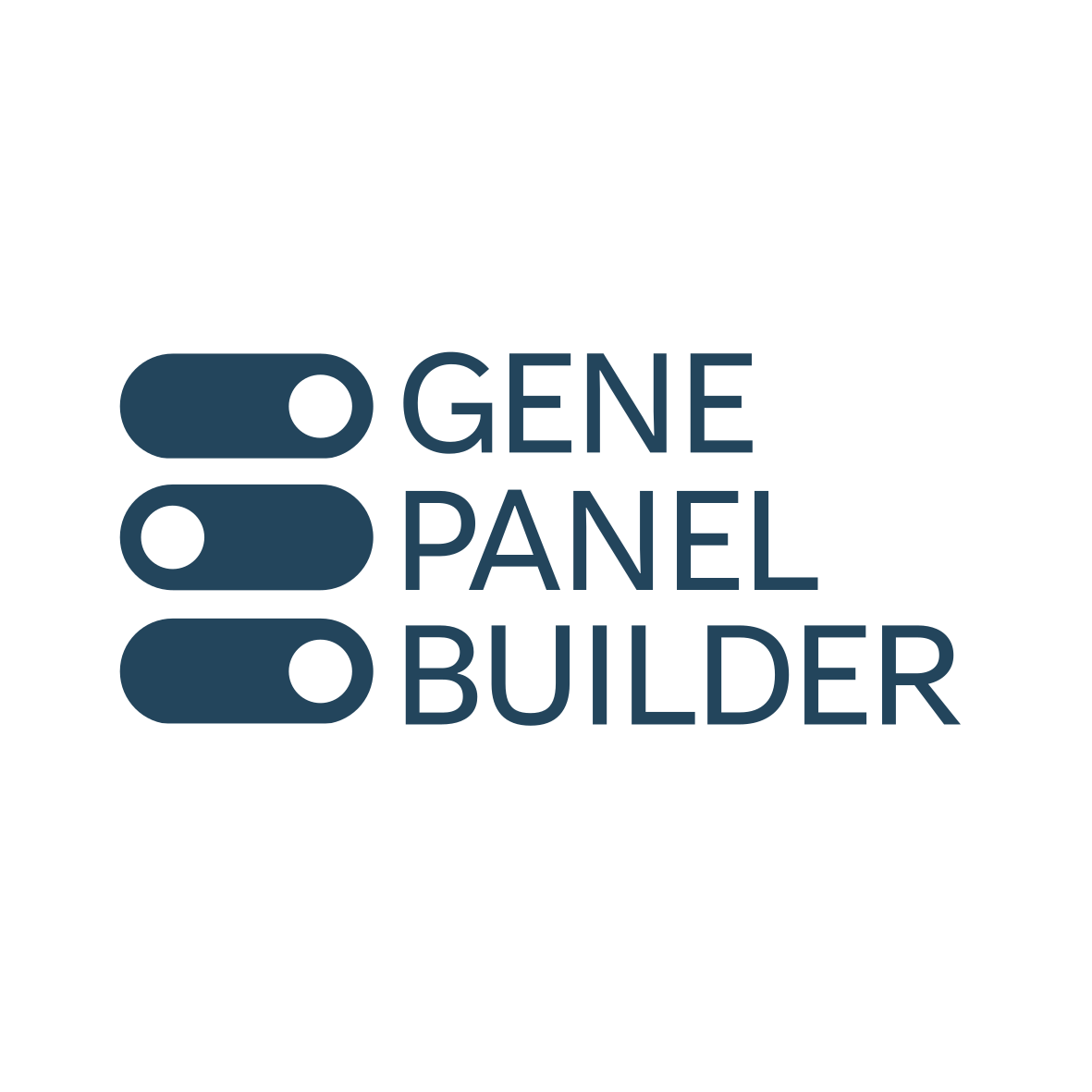 Gene panel builder is a tool for building and maintaining clinical gene panels. The tool utilizes information from the Genomics England PanelApp, MANE Select transcripts, OMIM inheritance modes and calculated sequencing coverage to tailor clinical gene panels to local needs.
Gene panel builder is a tool for building and maintaining clinical gene panels. The tool utilizes information from the Genomics England PanelApp, MANE Select transcripts, OMIM inheritance modes and calculated sequencing coverage to tailor clinical gene panels to local needs.
Pedtools (R packages for pedigree analysis) provides a lightweight, but comprehensive tool set for creating, manipulating and visualizing pedigrees with or without marker data. Common pedigree structures are quickly produced with tailor-made functions, while a range of utilities enable modifications like adding or removing individuals, extracting subsets, loop breaking, and merging pedigrees.
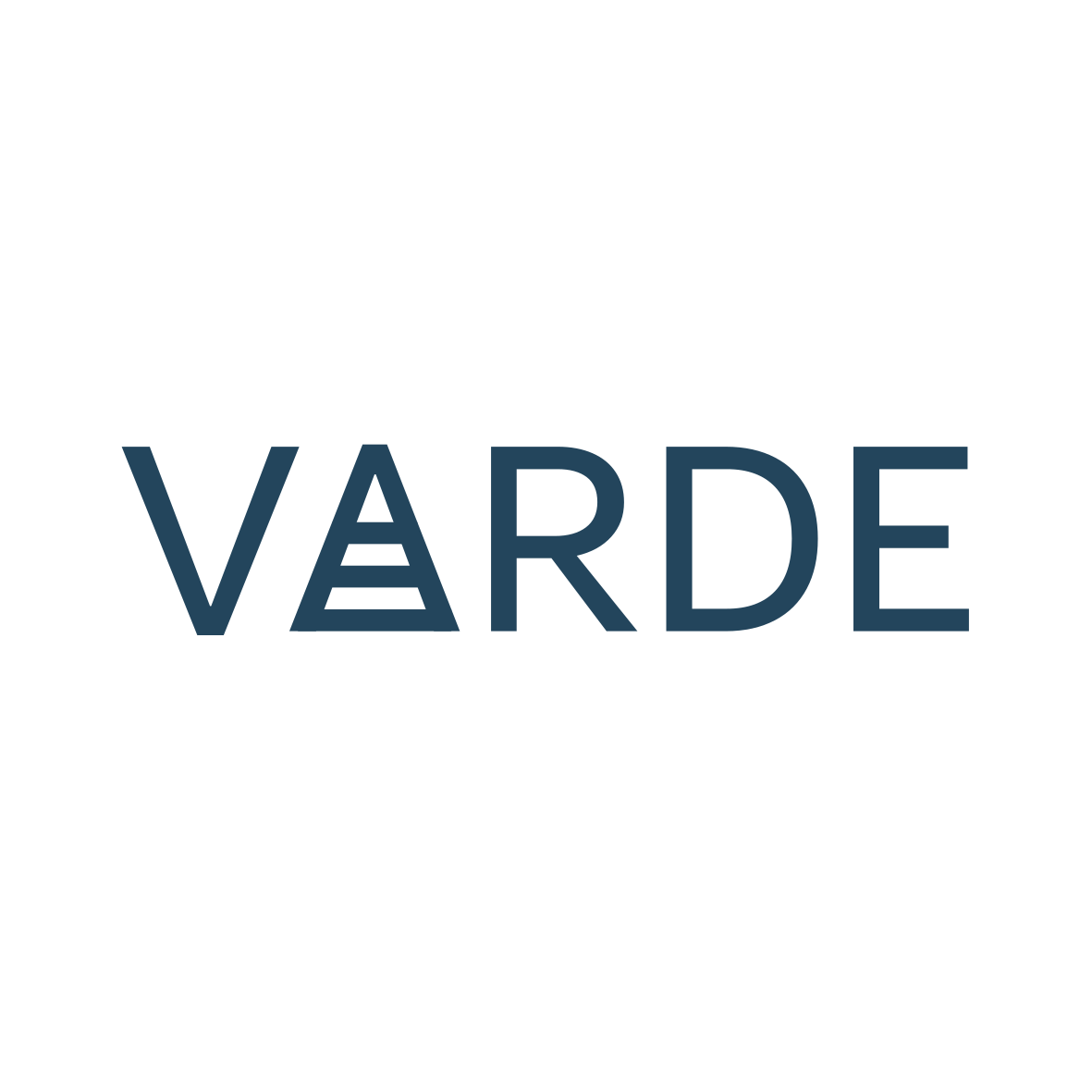 Varde is a solution for sharing clinical variant classifications in a secure manner. The solution is developed in collaboration with other large genetic departments in Norway.
Varde is a solution for sharing clinical variant classifications in a secure manner. The solution is developed in collaboration with other large genetic departments in Norway.
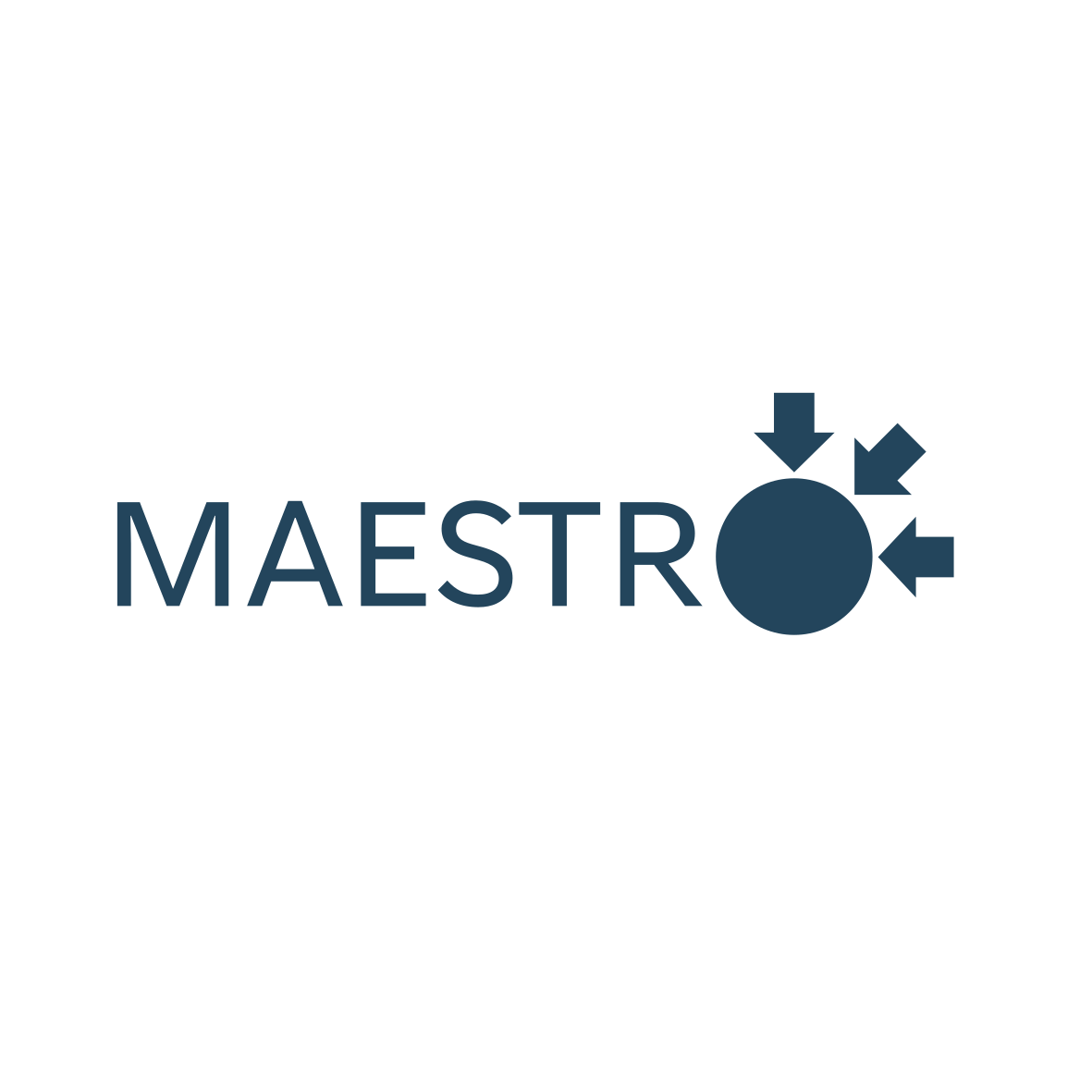 Maestro is a library for automation of services that communicate to coordinate their tasks. The library is built on NATS and Neo4j.
Maestro is a library for automation of services that communicate to coordinate their tasks. The library is built on NATS and Neo4j.
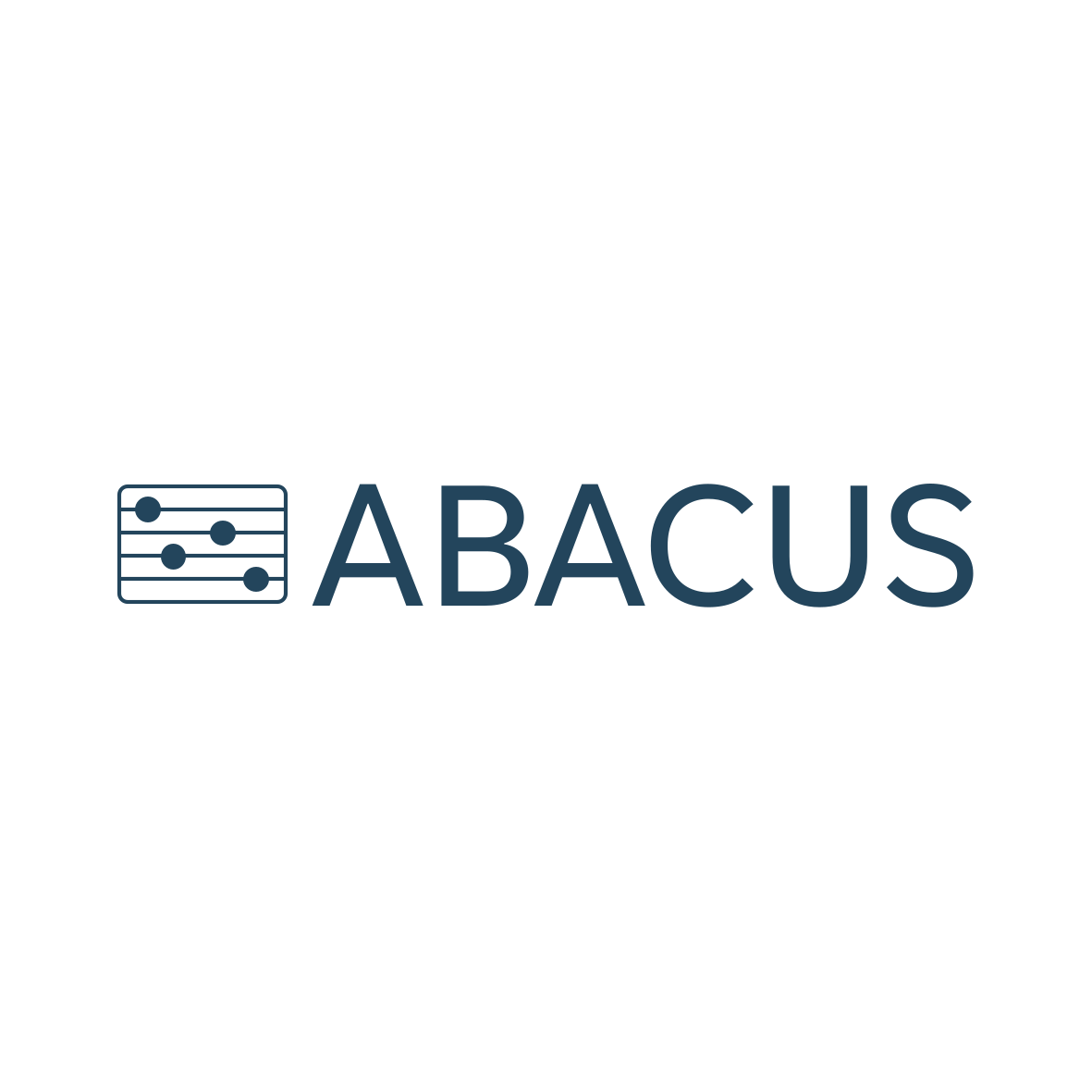 Abacus is a genetic variant instance and frequency database that scales to thousands of human genomes.
Abacus is a genetic variant instance and frequency database that scales to thousands of human genomes.
Pharmacolyzer is a decision support system for pharmacogenomics (PGx). The system consists of three modules. The module for knowledge curation is designed to ensure coherence between PGx medication recommendations developed by the Department of Pharmacology and international knowledge databases such as the PharmGKB. The bioinformatics module provides a pipeline for genotyping of important pharmacogenes (genes involved in metabolisation, transport and uptake of drugs), some of which are not well genotyped by our standard whole genome pipeline. The decision support module assigns structured, personalized medication recommendations to the patients. We are working to integrate the personalized recommendations into the prescription module of the Electronic Health Record system of DIPS ASA.
The Global Alliance for Genomics and Health (GA4GH) creates standard protocols for genomic data sharing. As part of the BigMed project, our group has developed an implementation of a GA4GH Beacon data sharing service. We are also implementing a MatchMaker Exchange service for finding patients with similar rare disease profiles.

